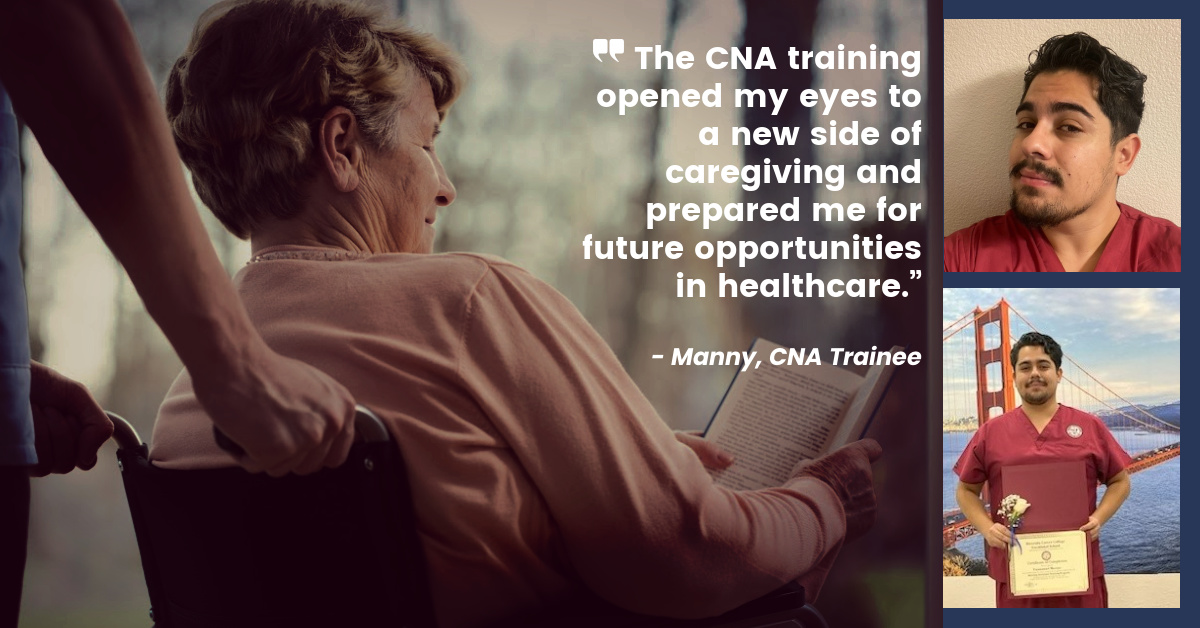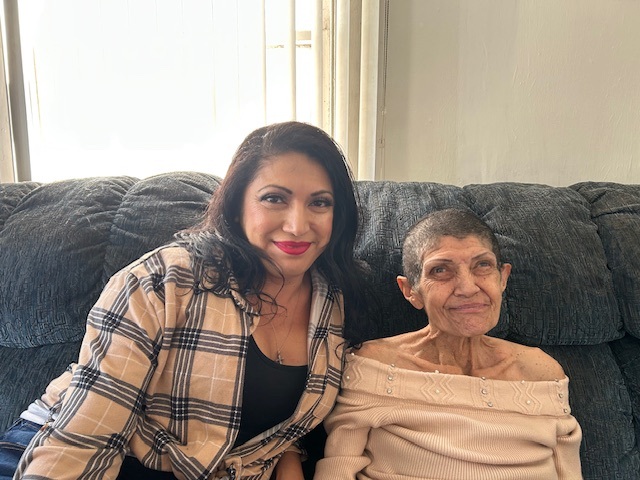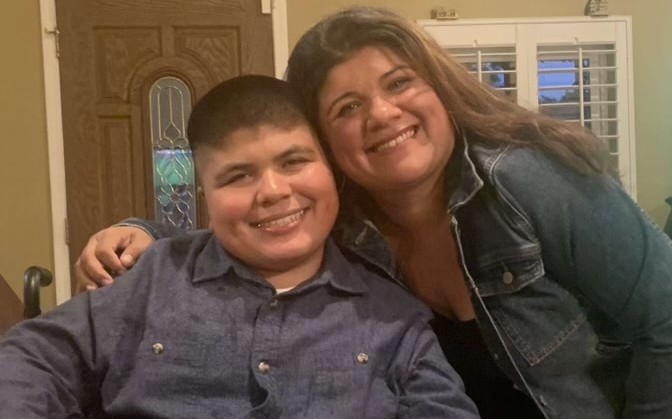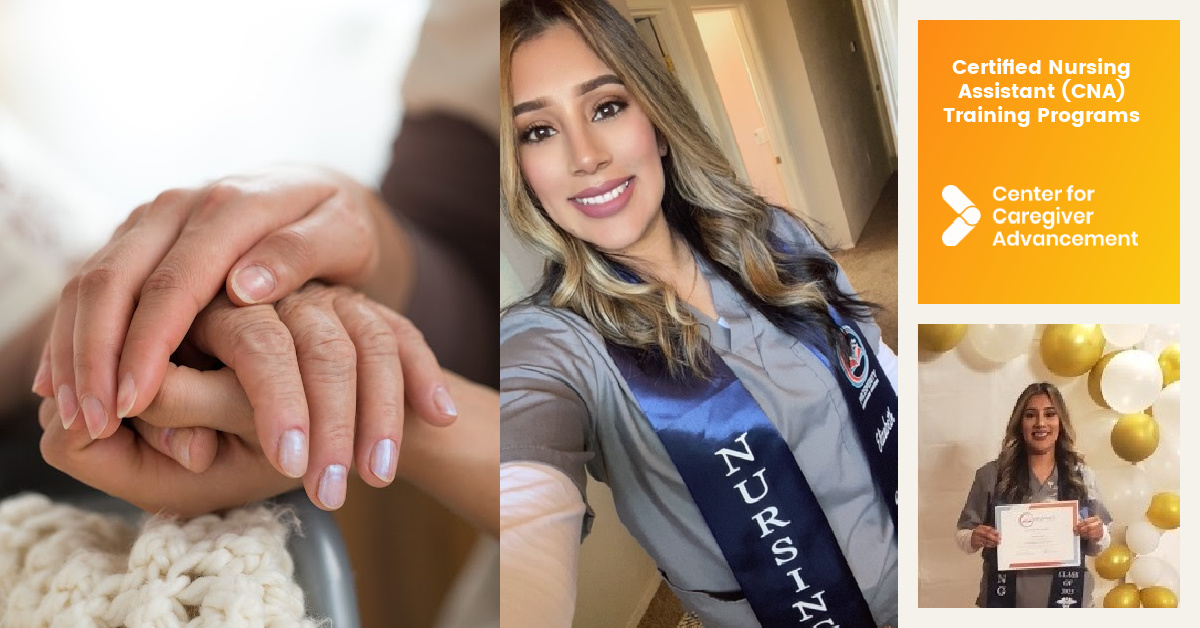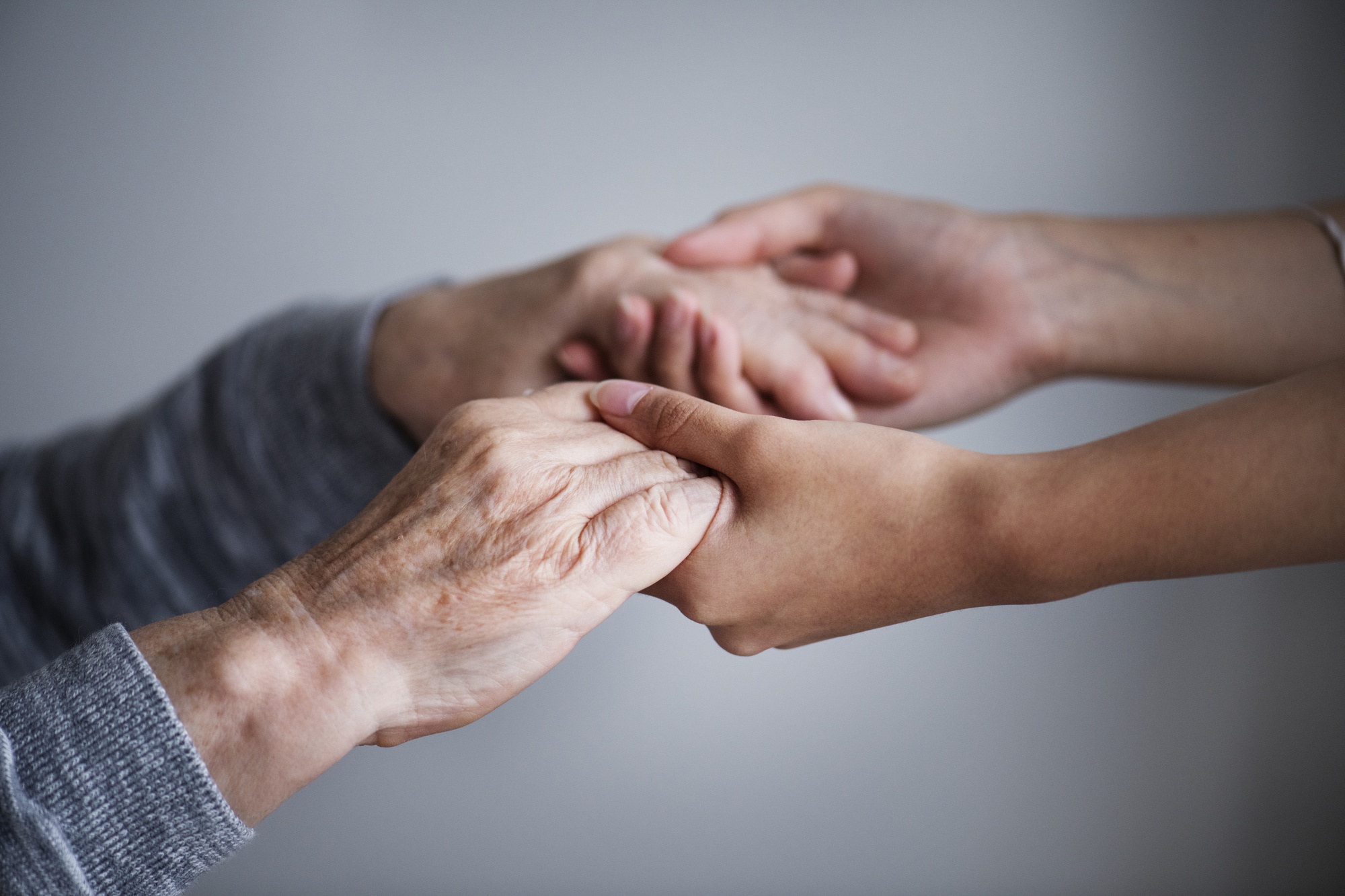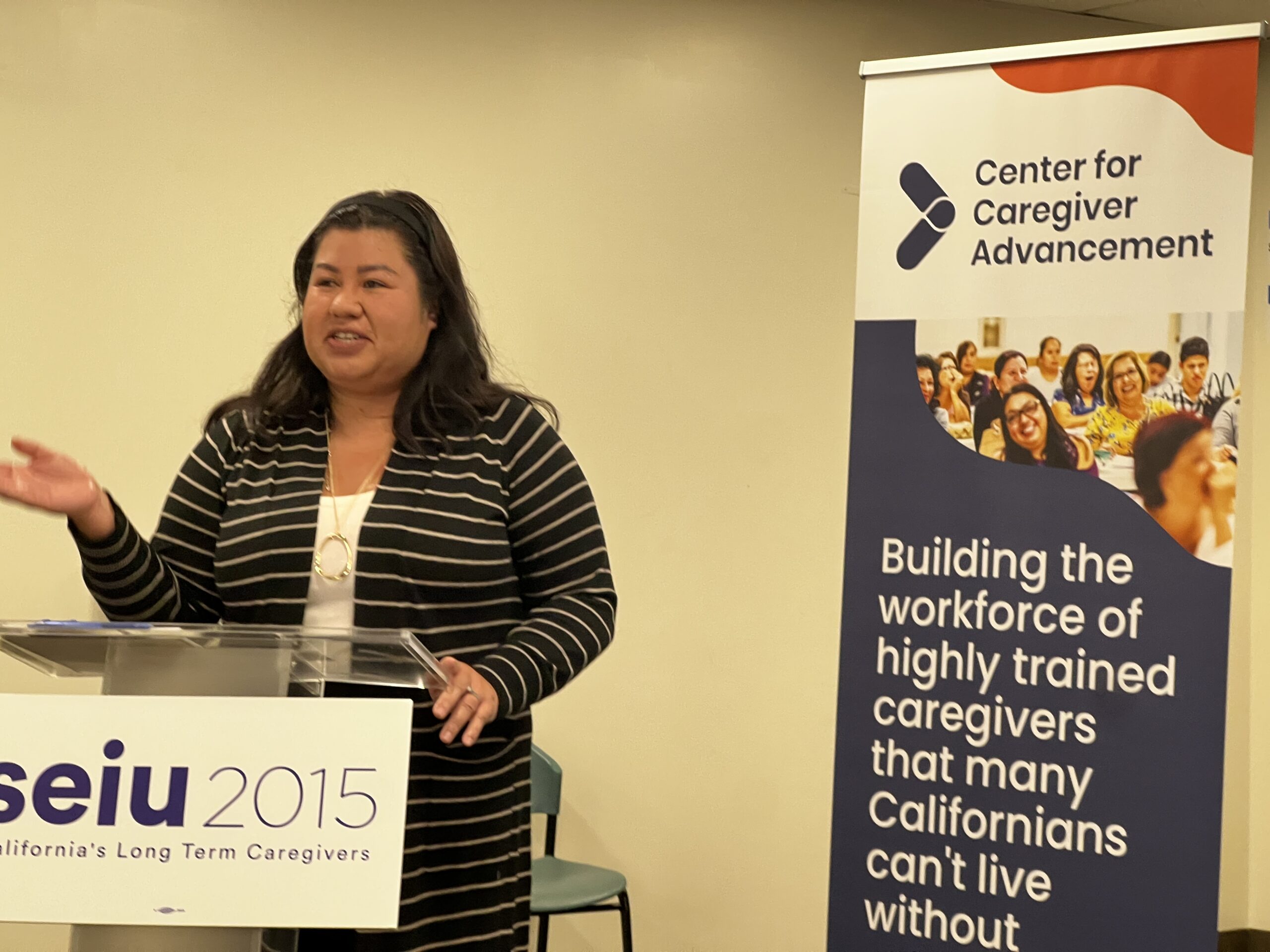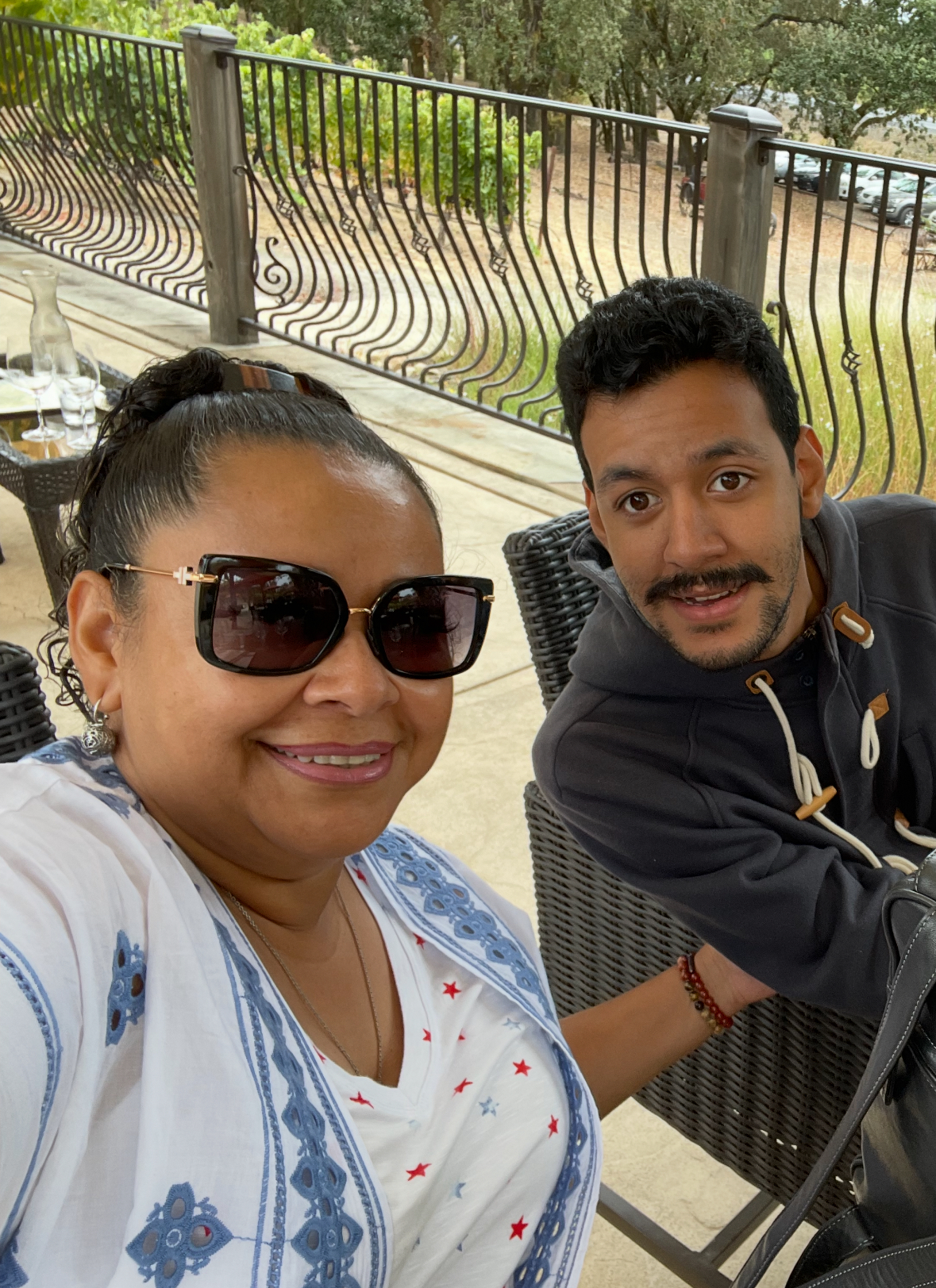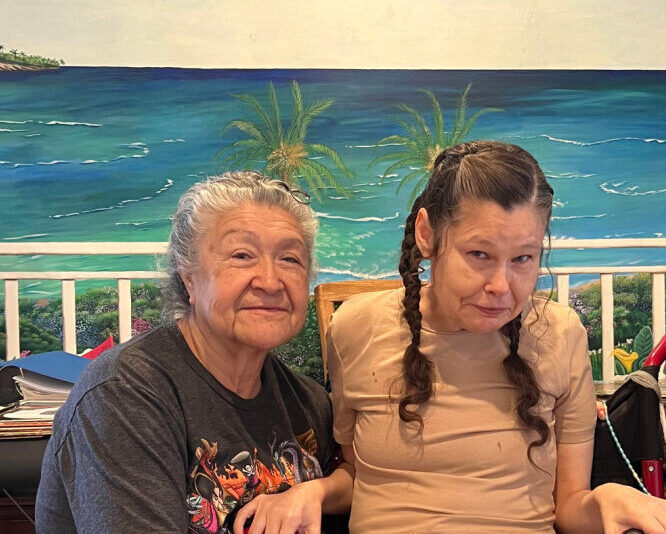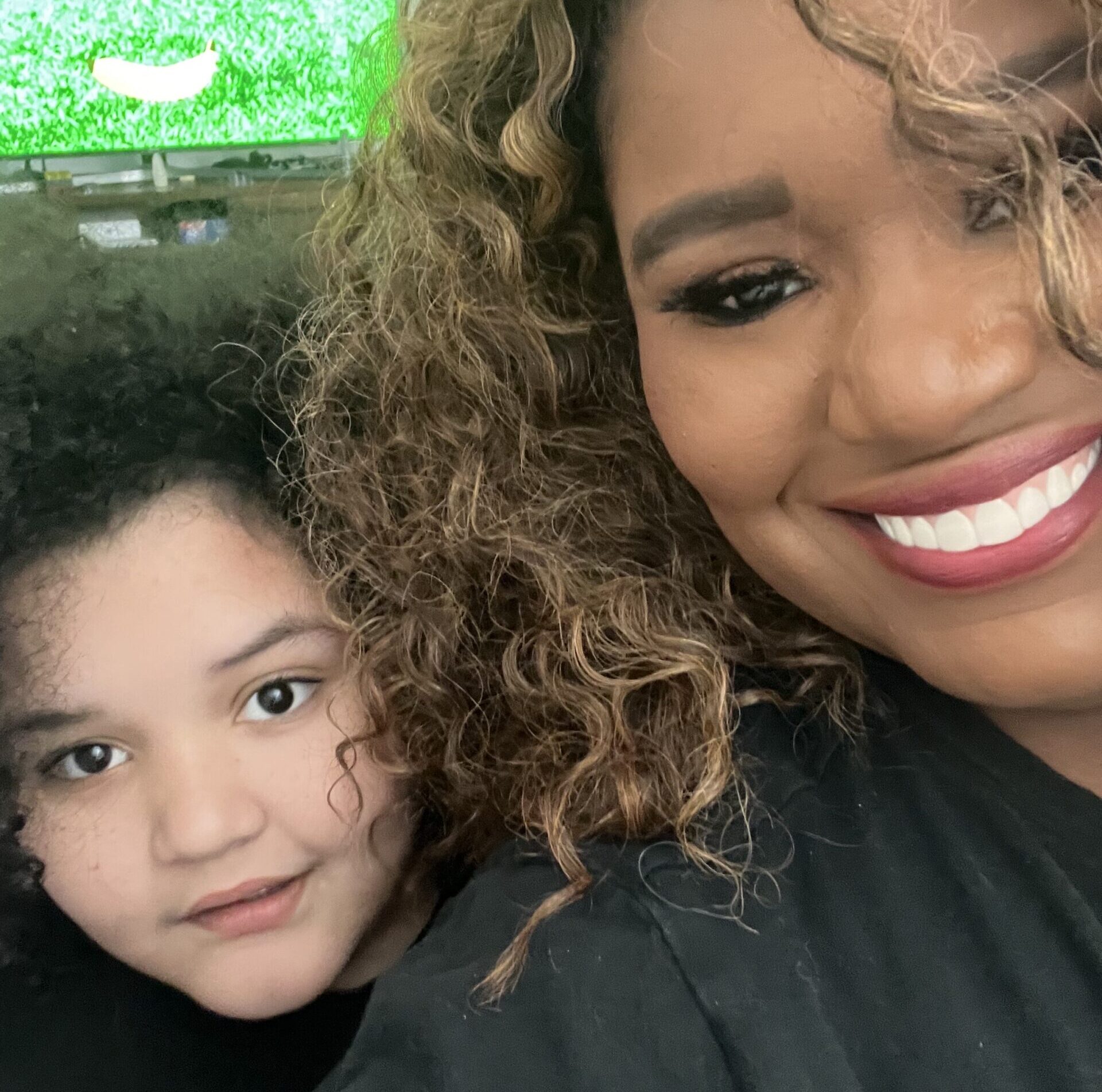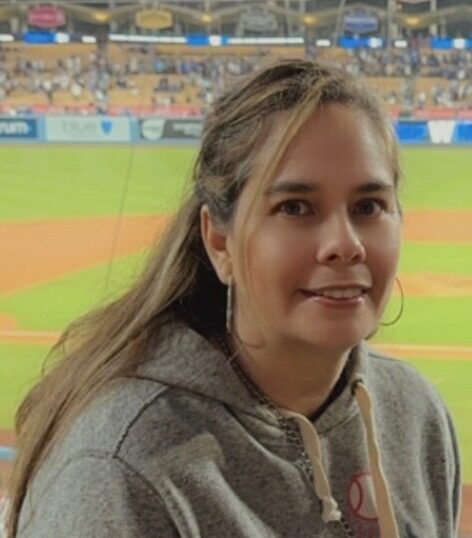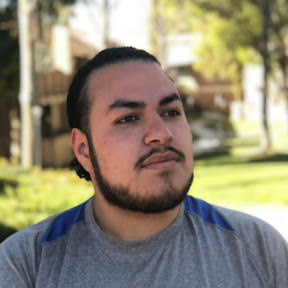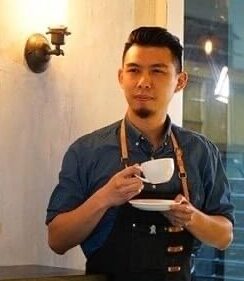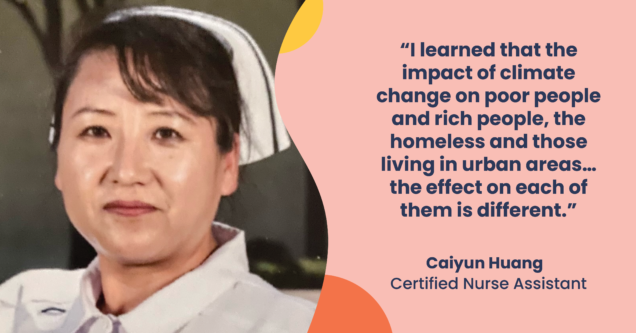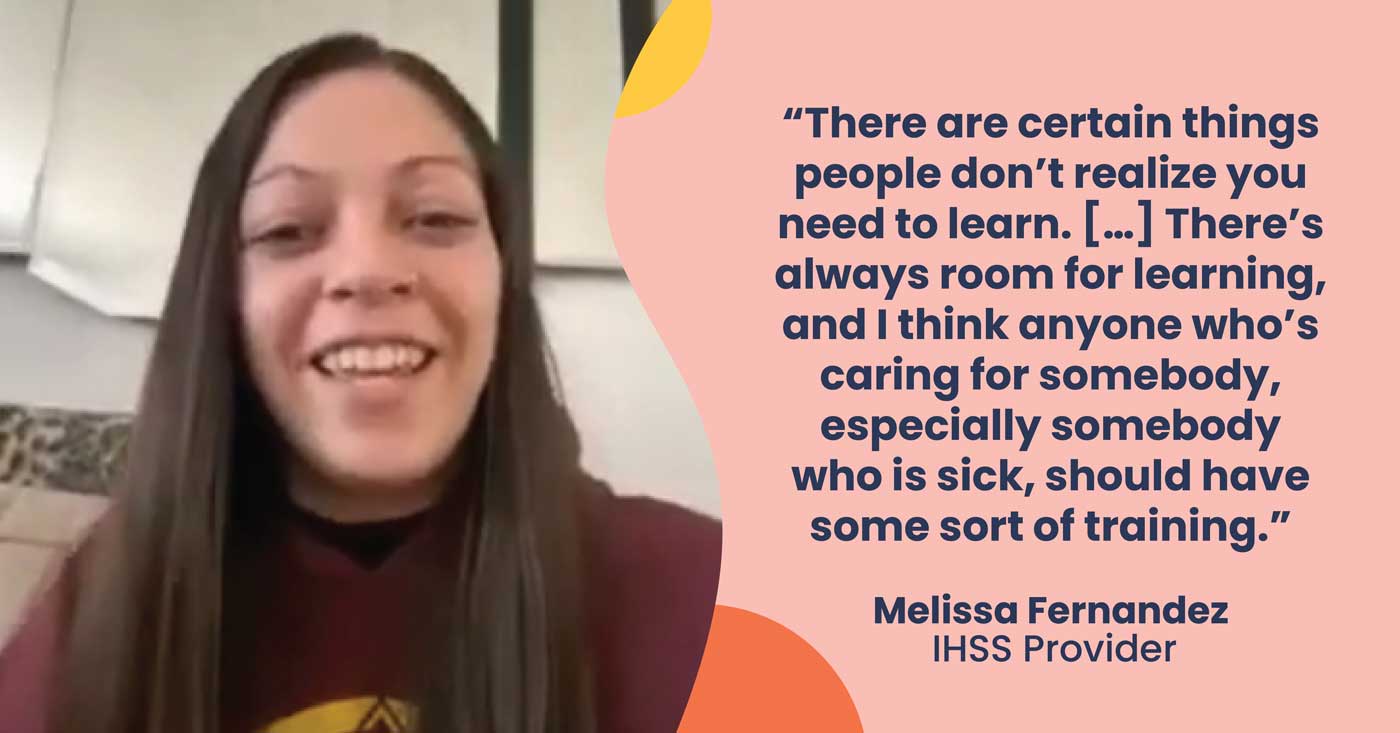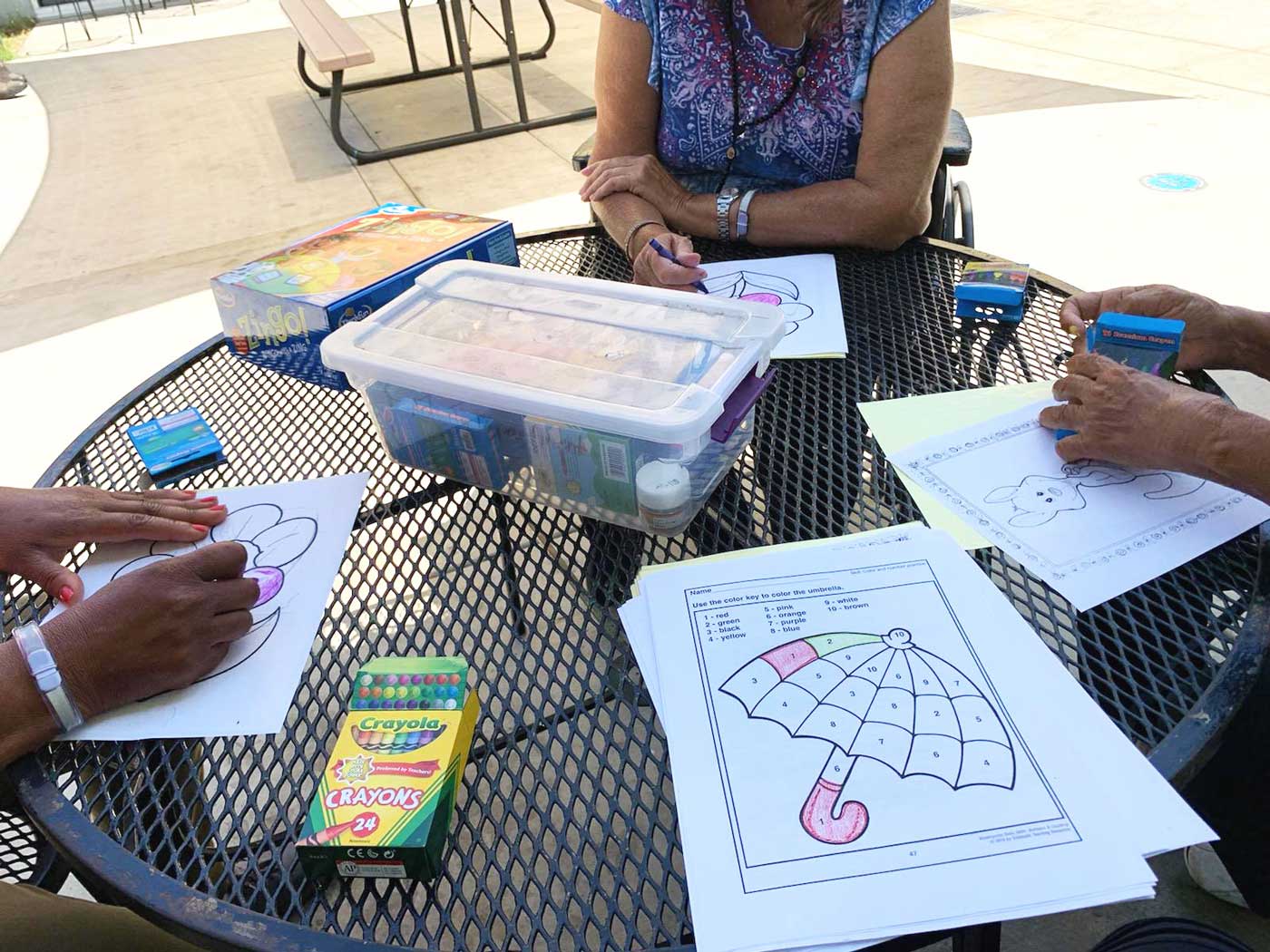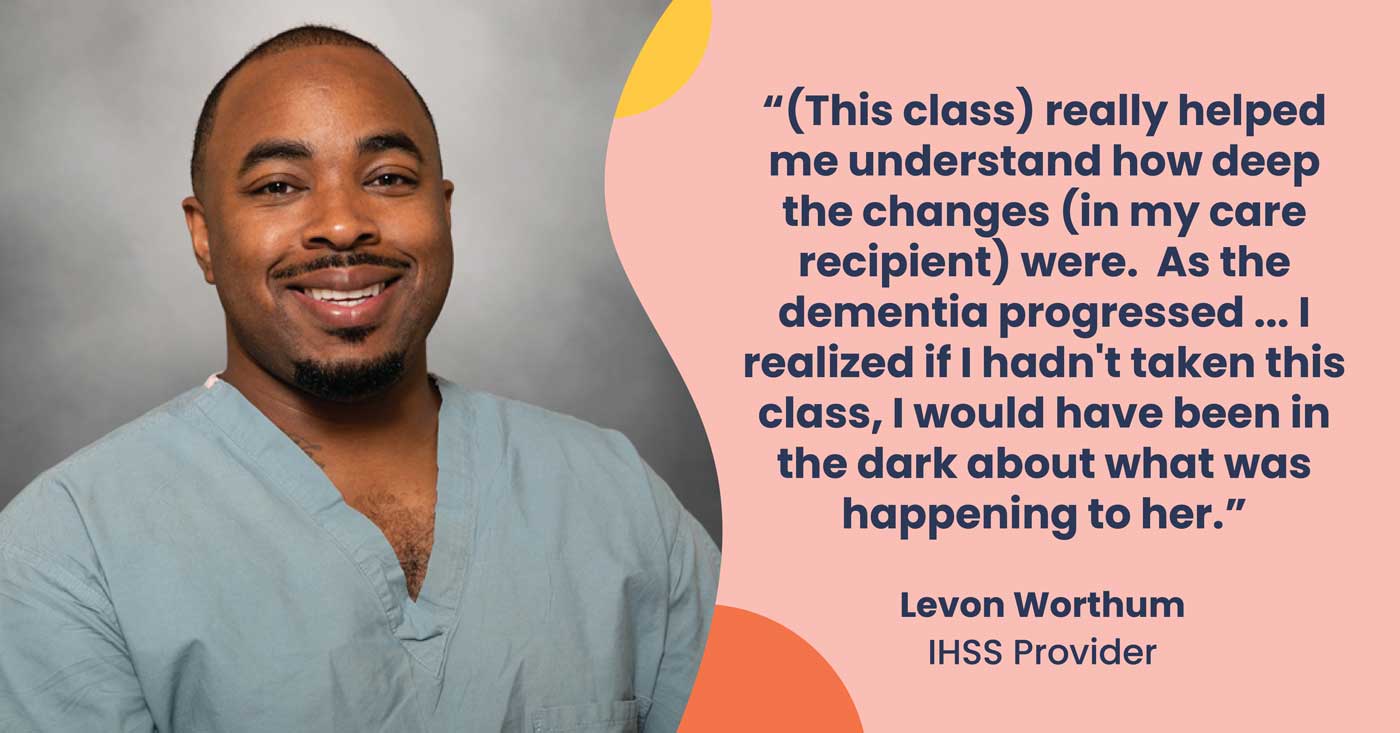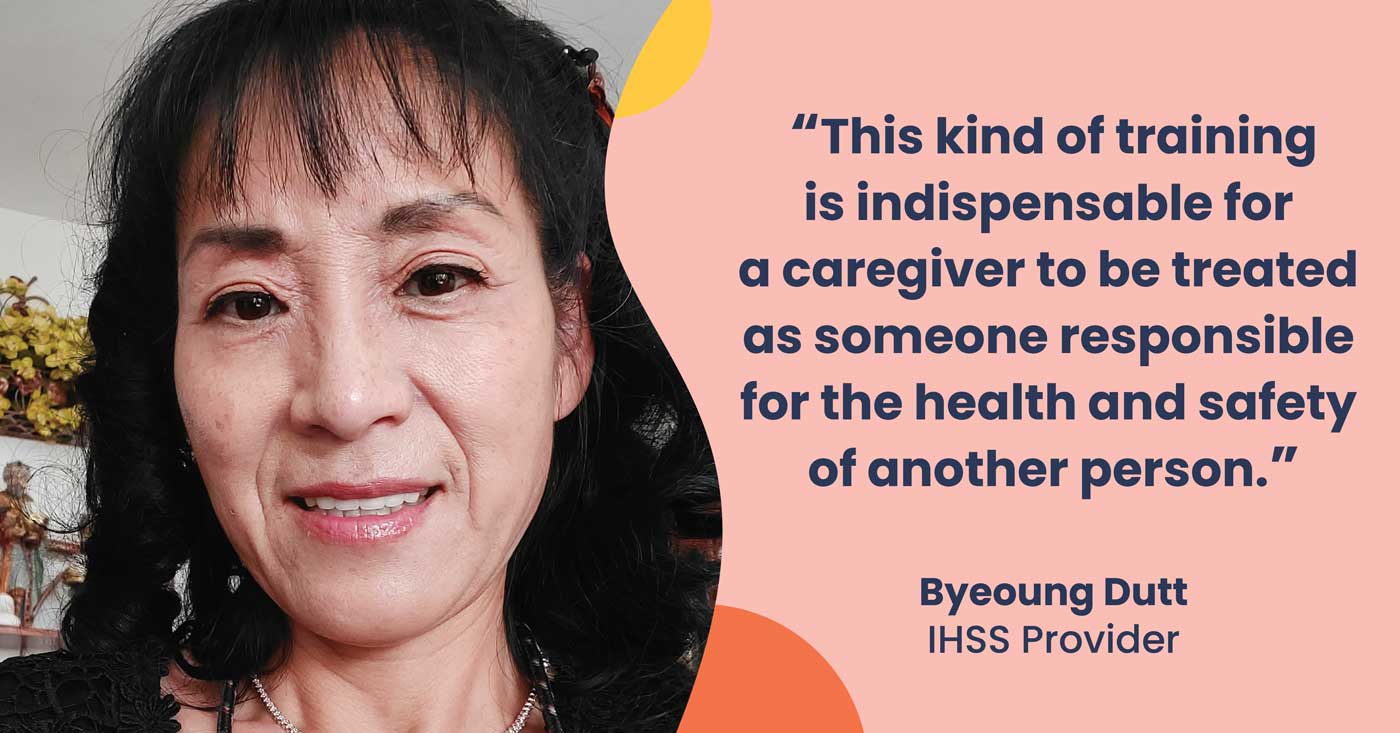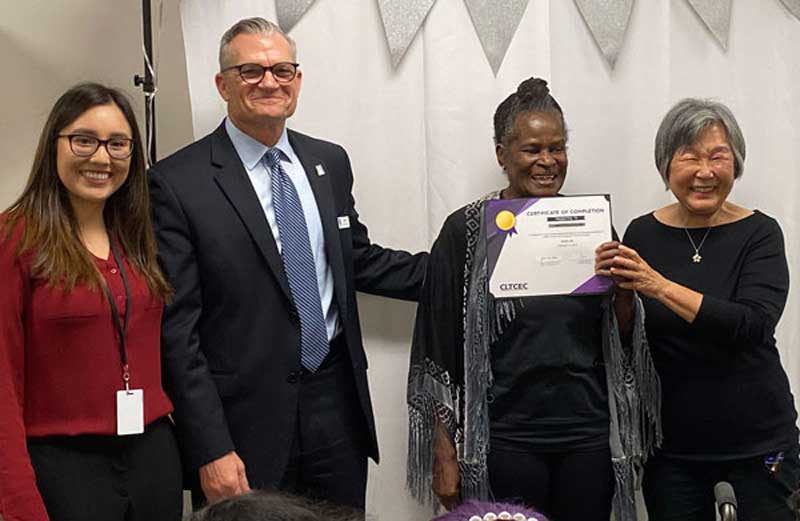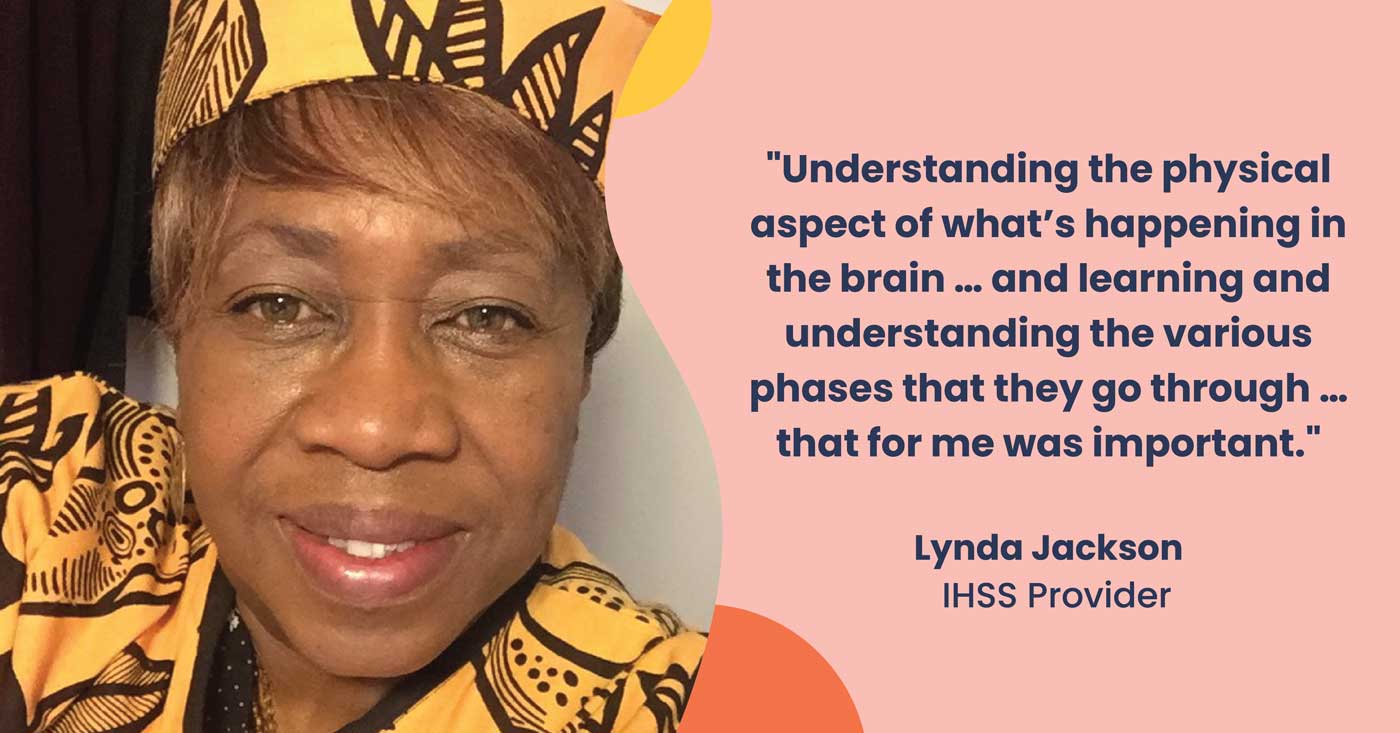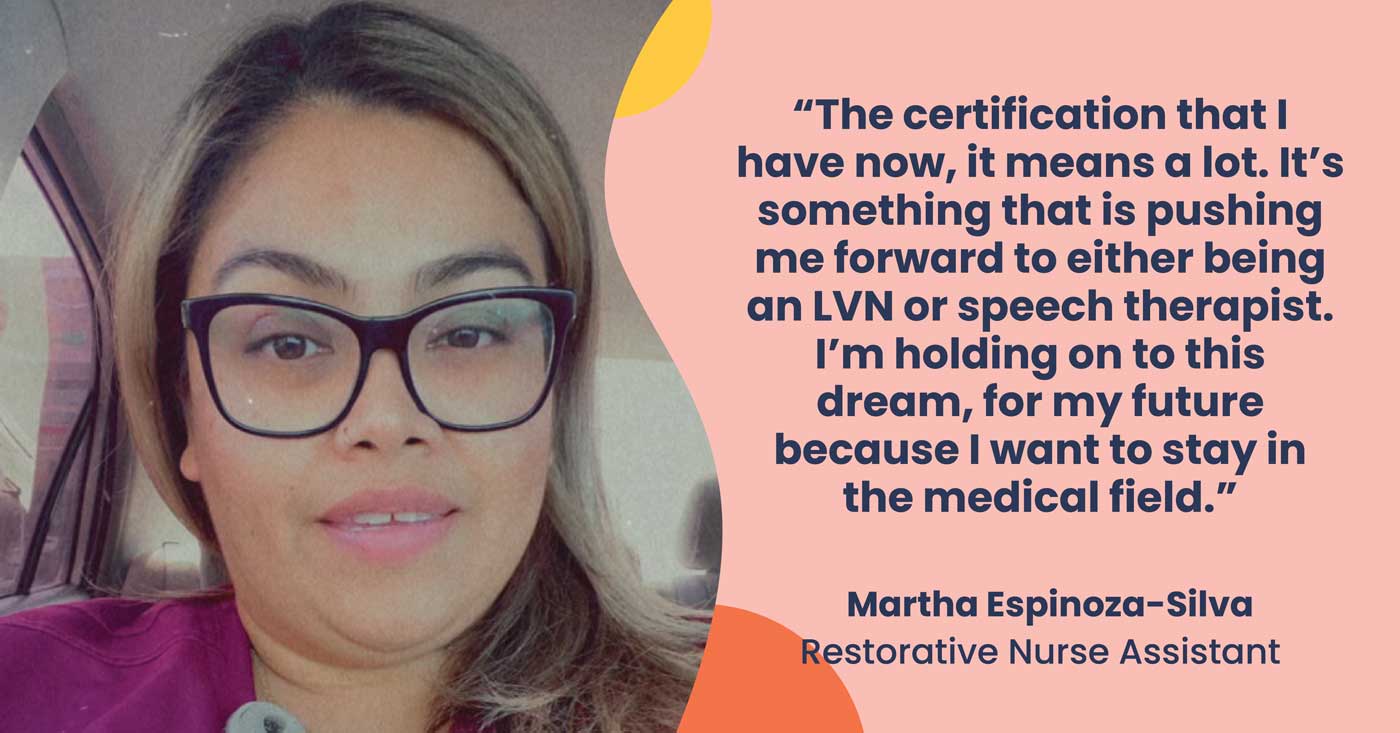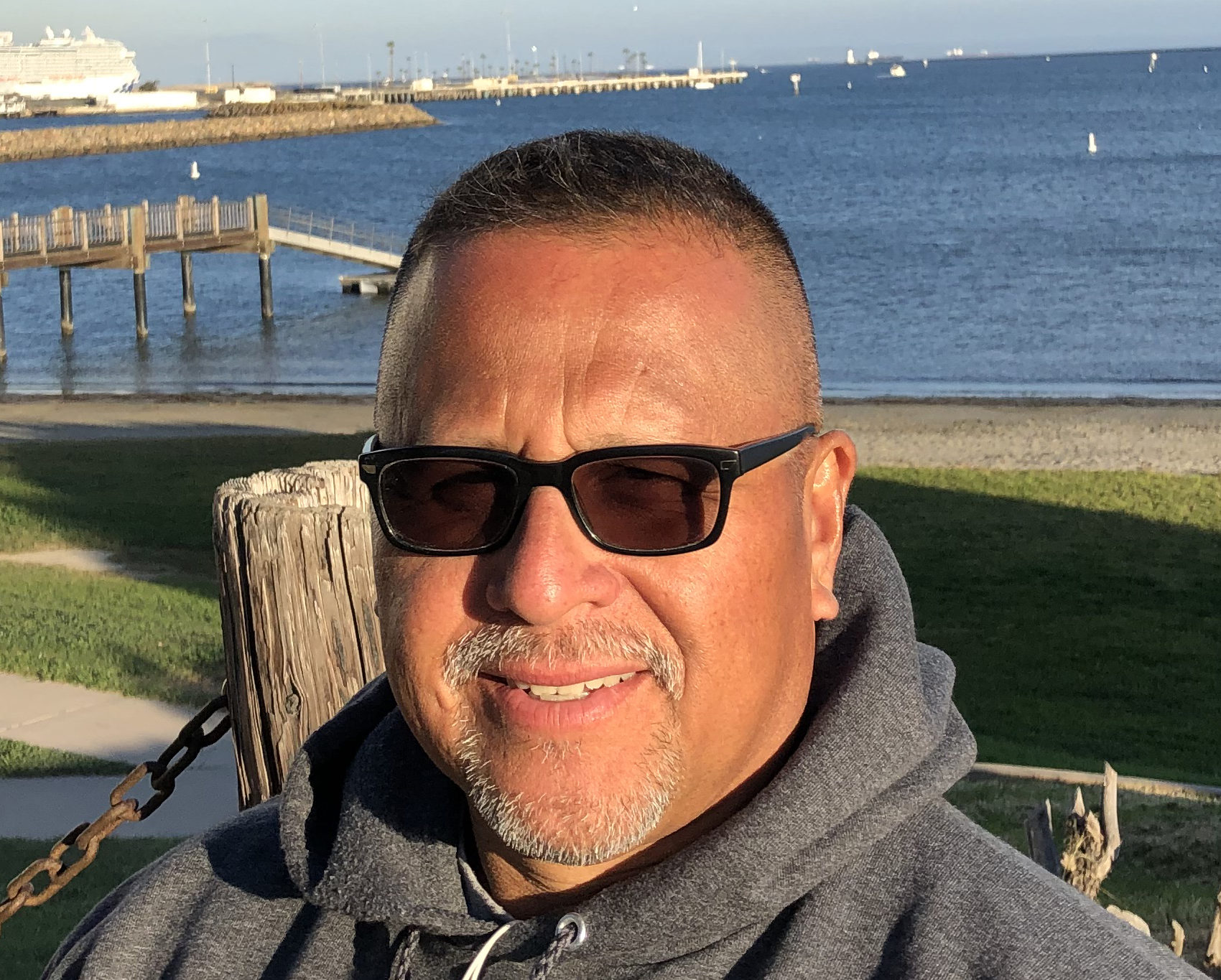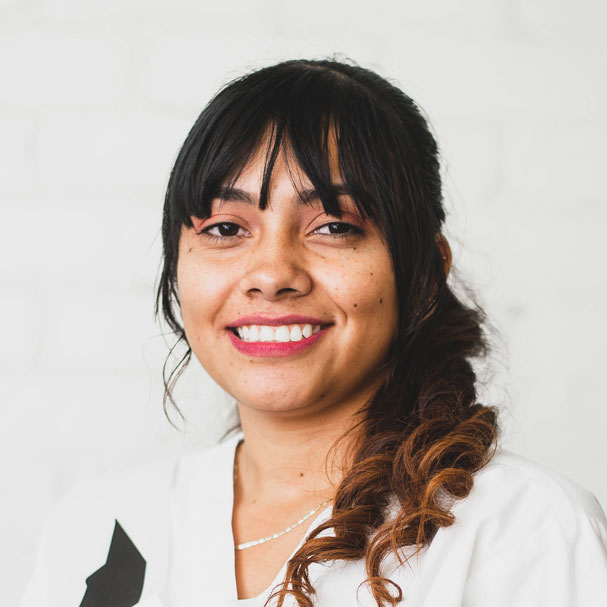Former Airman and Engineer Shares the Value of Proper Training
When Carlos Martinez flew Boeing 767s as a commercial pilot years ago, he was responsible for the lives of more than a hundred passengers at a time. Before that, he ferried friends and family on a Cessna plane to all points across California. Later, as an aeronautics manufacturing engineer, he built critical parts for aircrafts, fighter jets, and space missions. But those days are long behind him. In his retirement, he now faces what he said is the most daunting job he’s ever had: being a caregiver.
“As a pilot, you train for every emergency. And as an engineer, you have checklists, procedures, simulations. Your whole career is preparing for that emergency situation, ok?,” Carlos said. “But as a caregiver? I had no training for that!”
Carlos is one of California’s more than 600,000 In-Home Supportive Services (IHSS) providers caring for the state’s aging population and people with disabilities. He is the caregiver for two people in his family: his adult son, who has a chronic illness, and his mother, who is showing signs of Alzheimer’s disease and Parkinson’s disease.
He said being responsible for the life of two loved ones is proving to be more stressful and more intimidating than his time in the cockpit. All because there is no formal training required of caregivers. And until he heard of the Center for Caregiver Advancement’s free training, he didn’t even know there were any available for people like him.
Before enrolling in CCA’s training program, “I thought I knew what to do when I took over caregiving for my son. My wife showed me how to do it, and you know, some of it I thought was basic common sense when you’re taking care of somebody. Most of the time you’re doing things by routine,” he said.
But things changed when he started learning about topics like proper body mechanics, medication adherence, and assistance with daily living activities. Something clicked. “Why do you hold his head like that, why do you lift his body that way … Knowing ‘why’ you have to do things a certain way, it makes a lot of sense,” he said.
“You don’t know it was wrong the way you were doing it, until an instructor teaches you the right way.”
The training program he completed in December was a life-changer, he said. His son is an L.A. Care Health member, which made Carlos eligible for the IHSS+ Home Care Integration training program run by CCA in partnership with L.A. Care. The 10-week training reinforced some of the skills he already knew as a parent of a son whose childhood was marked by a chronic illness. But as a former pilot and aeronautics manufacturing engineer, he soaked in the lessons focusing on procedures and case scenarios. Each module included activities that invited the caregivers to discuss how to handle certain scenarios – such as knowing when to go to urgent care vs. the emergency room.
He is determined to participate in as many CCA courses as possible. Right now, he is enrolled in several of the classes offered by CCA through California’s IHSS Career Pathways Program. He has signed up for all the courses under the Alzheimer’s care learning pathway, so he can be better equipped as his mother’s caregiver.
“Every profession has a checklist. With Alzheimer’s, there must be a procedure. I want to learn that procedure: what to expect (as the disease progresses), how to talk to her, what to do … all of that,” he said.
He urges all caregivers, whether they are caring for family or consumers as an IHSS provider, to sign up for training. “It’s great that the state is now funding training for caregivers,” he said. “I’m taking advantage of as many opportunities as I can to learn.”




